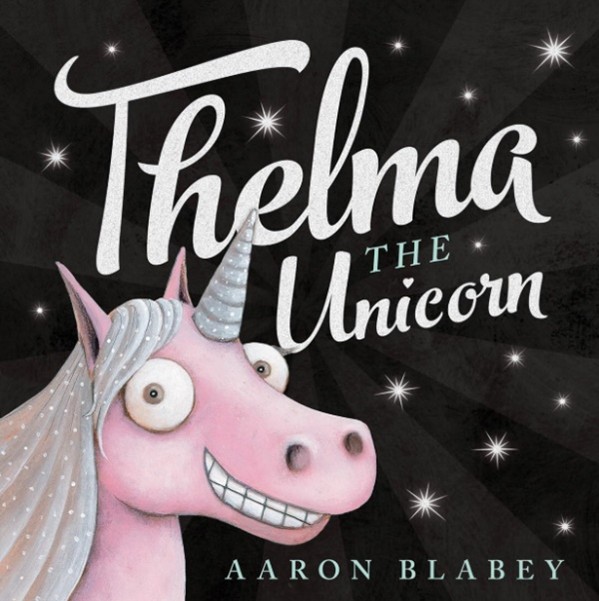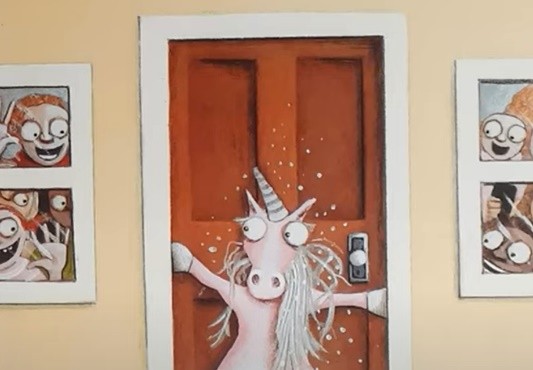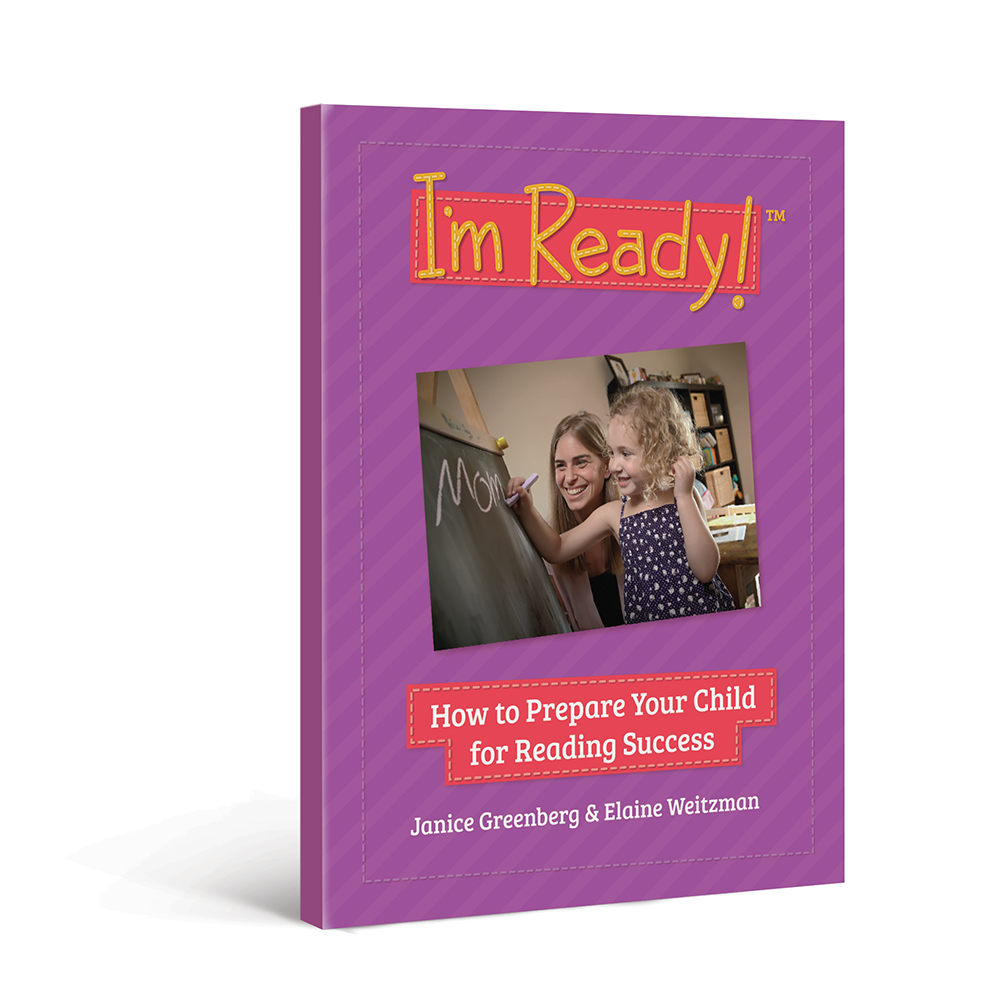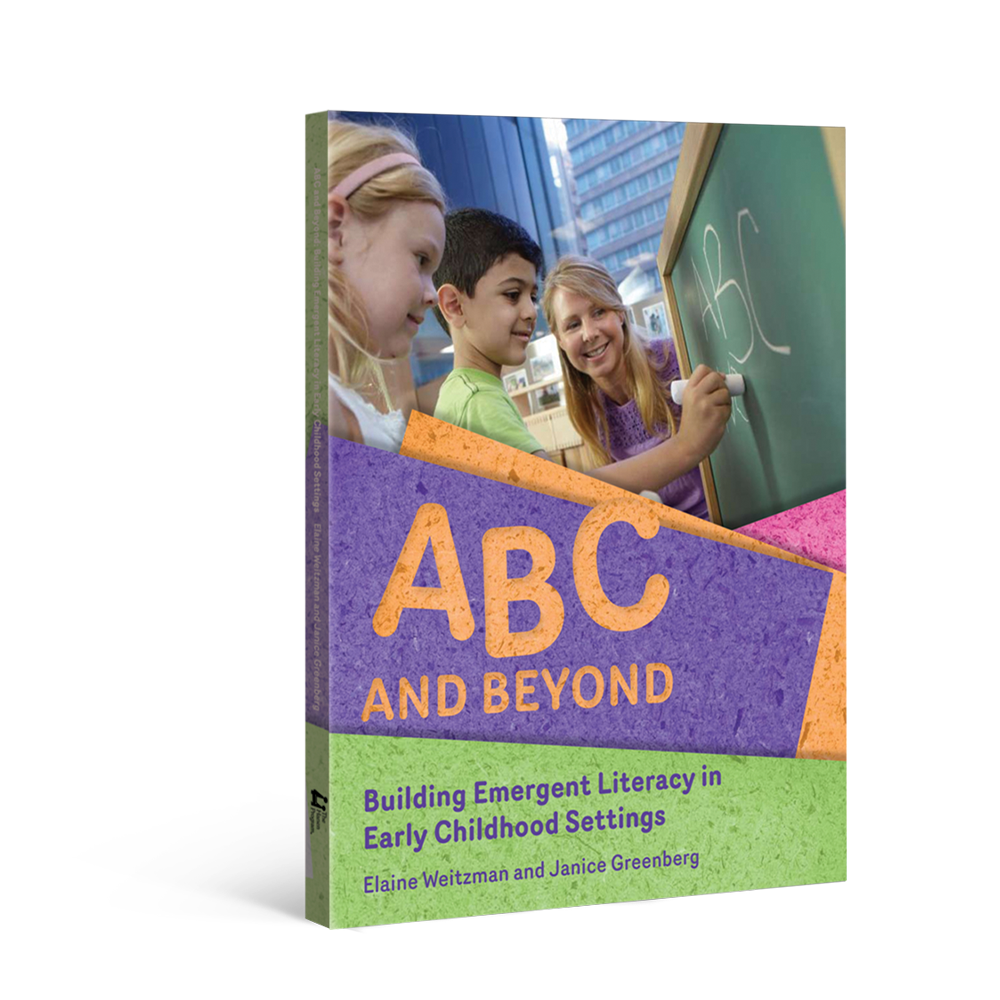This month's Book Nook topic is...
Making Predictions with
Thelma the Unicorn

To truly understand a story, children need to do more than simply notice what the words say or what the pictures show. They must combine that information with what they already know in order to make sense of what’s happening and why. When children connect the clues from the page with their own knowledge, they begin to think beyond the text and uncover the story’s deeper meaning. One way to support deeper reading comprehension is to encourage children to predict what might happen next. When children are encouraged to predict, they draw on their own knowledge, experiences and reasoning skills – which leads to a greater understanding of the story.
Let’s get started!
The Book:
Thelma the Unicorn by Aaron Blabey
Why We Chose This Book
Thelma is a pony, but wishes she were a unicorn instead. With a bit of creativity and some luck, she suddenly finds herself living her dream. But she soon discovers that being a unicorn isn’t all she imaged it would be – in fact, it’s a little bit lonely. Thelma the Unicorn is a fun rhyming story that provides opportunities to relate to the main character and predict what will happen next when her dream doesn’t turn out quite like she expected.
Predicting Before You Start Reading
Before you read a book for the first time, start by looking at the cover with the child and encouraging them to predict what the story is about. You could say, “This book is called Thelma the Unicorn. What do you think might happen in this story?” Then wait to see if the child responds. If the child responds, you could say, “Let’s read the book and find out!”, or you could offer a comment, such as, “I wonder if Thelma is going to go on an adventure.”
The First Reading
The first time you read a story is an excellent opportunity to make predictions, because the child doesn’t yet know how the story unfolds. Predicting is not about being right or wrong – it is a skill that focuses on thinking about what might happen.
You can encourage the child to predict by:
- Asking questions that build understanding
- Making “thinking-out-loud” comments
In Thelma the Unicorn, you can help the child to make predictions by asking questions that build understanding such as:
- “What do you think will happen if Thelma turns into a unicorn?”
- “What do you think will happen next?”
If the child has difficulty answering these questions, you can provide an answer and keep reading.
You can also use thinking-out loud comments. These comments allow the child to see how you are trying to understand the story.

Here are a few examples of ways to make predictions using thinking-out-loud comments with Thelma the Unicorn:
- “I’m trying to figure out what Thelma will do about all her fans chasing her everywhere.”
- “I’m thinking Thelma will change her mind about being a unicorn now that she feels so lonely.”
- “I wonder if Thelma will want to go back to being a pony.”
Unlike questions, comments don’t require a response. However, if you make a comment and then wait, the child may respond and add their own ideas.
Continue Predicting After You Read the Story
When you finish reading the book with the child, you can continue to predict by asking questions and making comments about what might happen after the story ends, such as, “I wonder what Thelma and Otis will do together now that she is back from her trip.”
You can also nurture predicting skills throughout the day. Consider practicing predicting during play activities and daily routines to promote the language for thinking and learning.
Happy reading!
More Resources
The strategies in this Book Nook post are drawn from Hanen’s practical, research-based guidebooks for building emergent literacy. Explore the links below to learn more about how these guidebooks can support you.
For Parents I'm Ready! guidebook
I'm Ready! guidebook
For Educators ABC and Beyond guidebook
ABC and Beyond guidebook
